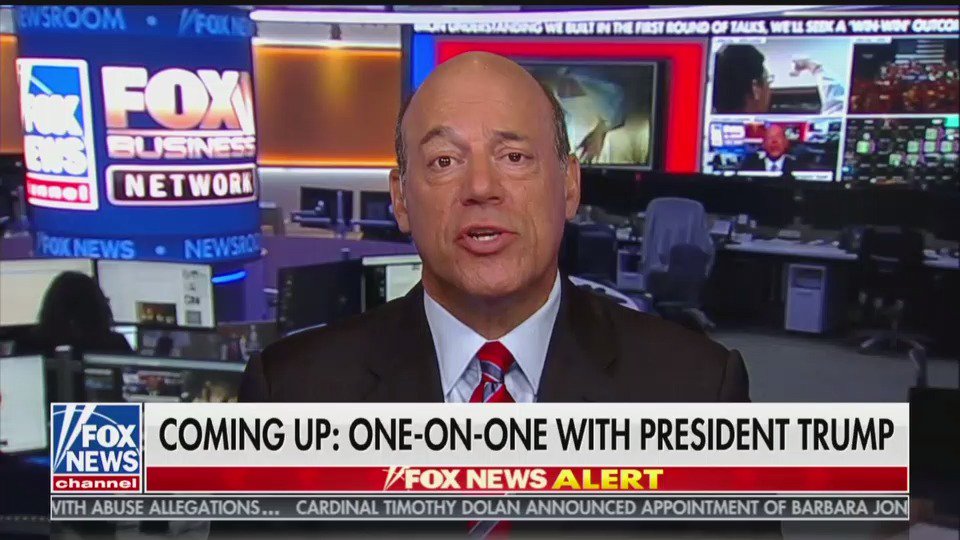
R: I don’t think it’s that complicated... The athletes are paid right now, it’s just being capped by 353 schools
Dr. Knoll: The probability that I remember what is in and what is out is exactly zero.
Dr. Knoll replied: "I know that’s not what I’m saying, because I didn’t understand it."
Judge: Let’s stop there.
Noll: "Either, but you can call me whatever you want."
Wilkinson: "No, I can't."
Heckman: I just don’t want to take it a sentence at a time.
Jenkins: That’s arguable.
Hartman: The NCAA. We are just not given the resources to succeed...










